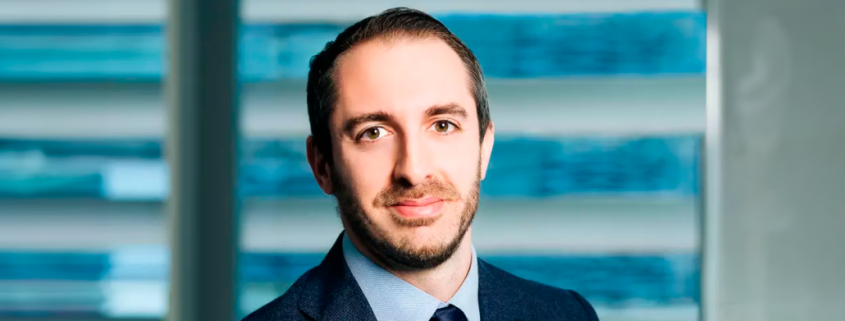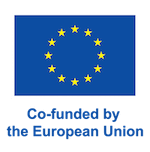Michele Calabrò (EUREGHA): “If national and local approaches in health are not contemplated enough, we may lose some nuances”
INTERVIEW
Despite the complex global health challenges, European citizens consistently express the need for a healthcare system that is accessible, closer and responsive to their specific needs. Decisions made at the national or international level often fail to fully consider their unique situations and experiences, so it is crucial to assert the role of local and regional authorities when shaping the health agenda across the continent.
One of the advocates of this perspective is Michele Calabrò, Director of the European Regional and Local Health Authorities (EUREGHA) with more than 8 years of experience in EU health policy, projects and communication. The organisation he leads ensures that the local and regional perspective is represented in EU health policy.
Question: How are you measuring your progress on achieving EUREGHA’s objectives?
Answer: Beyond key performance indicators or numerical information, the real impact for us comes from our engagement with European institutions and other stakeholders and to what extent do we listen and represent the voices of the local and regional health authorities’ that are part of EUREGHA.
Lately, more and more organisations have been partnering with us in multi-stakeholders’ initiatives and, of course, this is a good sign. In line with that, our communication activities are also working particularly well in social media.
Any success story that is particularly relevant or representative of the organisation’s work?
Last year we did a joint conference with the WHO Regions for Health Network (RHN) that, I think, testifies the work that we are doing to include the regions when designing resilient and connected health systems for the future.
Another example is that we have a strong connection with the European Committee of the Regions (CoR), since we run the Secretariat of the Interregional Group on Health and Well-being. In there, we debate and share viewpoints on EU policy issues related to healthcare and public health. We also take part in the European Week of Regions and Cities, which gives us a good exposure.
Finally, an important milestone worth mentioning is the recent Memorandum of Understanding signed with EIT Health, which will pave the way for further collaboration on topics such as the European Health Data Space (EHDS) and more.
Is it difficult to equate or match national and regional/legal approaches regarding health policies?
There is no easy answer because we have Member States with a significant number of regions and, on the other hand, some composed by just a few of them. The implementation of telemedicine, for example, also differs whether you are in urban or rural areas. Besides, not all these regions have the same competences particularly talking about healthcare, so there is not a unique way to achieve the balance between the national and the regional/local dimensions.
The important thing is that both approaches should always be considered. While the national level is usually the direct link with policies because of how entities work, at the end, the regions are responsible, in many settings, of implementing them in an effective way more often than we think. If both levels are not contemplated enough, there is a risk of losing some nuances and specific needs.
“While the national level is usually the direct link with policies because of how entities work, at the end, the regions are responsible, in many settings, of implementing them in an effective way”
Would you say that the local and regional perspective is at a disadvantage compared to the national perspective?
I would not define it as a disadvantage, but sometimes we need to remind the stakeholders at a national and European level that this perspective also exists and plays a fundamental role. EUREGHA not only represents the regional and local perspective, but also fosters the discussions between all these actors that are part of it so that they are more and more taken into central consideration.
And what about the differences between local and regional contexts within the same country? Do they represent a bigger challenge?
The challenge is always there because there are no single solutions or policies that can be adopted by all territories, let alone if all the dimensions we are talking about are to be considered.
However, diversity is, at the same time, an opportunity. All the challenges we face (ageing population, digital transformation, etc.) are common and therefore everyone is asking the same questions, even if there are different ways of addressing them.
You have mentioned on occasion that we are moving towards a European Health Union (EHU). How close are we to achieving this?
Healthcare has never been higher in the EU agenda as it is now, so we are focusing more on cohesion, harmonisation and common goals as we move towards the EHU. The challenge is to keep this topic high in the agenda and to prevent backward steps in this direction with the upcoming EU mandates.
At first, this concept arose as a response to health crisis, but nowadays we have adopted a proactive/preventive approach. The European Beating Cancer Plan (EBCP) or the European Health Data Space (EHDS) are examples of this new attitude.
“Diversity is an opportunity. All the challenges we face are common and therefore everyone is asking the same questions, even if there are different ways of addressing them”
eHealth plays an important role in the roadmap towards the EHU. What challenges are generally faced by projects like eCAN, that are committed to foster digital health?
These projects are developed in a constantly changing environment of policies and regulations, so it is difficult for them to deliver innovation that does not get outdated by the time they are finished.
Moreover, the results of these initiatives need to be translated into practical approaches suitable for all the EU, which is also complex, especially in those territories that do not participate in them and are not always reflected in the outtakes.
Finally, they also involve a lot of actors and entities with active roles, so they need to overcome their combined weaknesses (health workforce shortages, lack of skills, different priorities…) to move the project forward. Digital health is a very wide concept, so these initiatives should work together or create synergies more often to ensure effective progress in this regard.
What are EUREGHA’s contributions to tackle cancer?
In particular through the activities of our dedicated cancer Working Group, we strive to give inputs to policy initiatives and participate in actions and projects as proactively as possible, while also encouraging the exchange of practices and information between regions that take action to tackle cancer. Furthermore, we are in regular contact with key stakeholders such as the European Cancer Organisation or cancer patients’ organisations.
The organisation plans to become an eCAN observer in the near future. Do you have any actions in place for when this happens?
We would like to give you the opportunity to present the results of the project at one of our Working group meetings and help you to disseminate them through our channels. And, of course, as observers, we can provide input and help when necessary to contribute to the progress of eCAN.
![]() Co-funded by the European Union. Views and opinions expressed are however those of the author(s) only and do not necessarily reflect those of the European Union or HaDEA. Neither the European Union nor the granting authority can be held responsible for them.
Co-funded by the European Union. Views and opinions expressed are however those of the author(s) only and do not necessarily reflect those of the European Union or HaDEA. Neither the European Union nor the granting authority can be held responsible for them.





